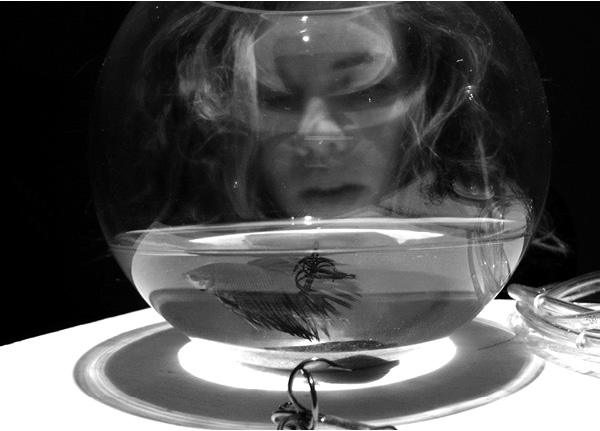
REFLECTIONS FOR GUANABARA BAY
first performed on March 8, 2013
Glasshouse, Brooklyn, NY
performed once in 2013
QUINN DUKES
Keller McDivitt
Brooklyn, NY
176920299q176920299u176920299i176920299n176920299n176920299d176920299u176920299k176920299e176920299s176920299@176920299g176920299m176920299a176920299i176920299l176920299.176920299c176920299o176920299m
quinndukes.com
REFLECTIONS FOR GUANABARA BAY
QUINN DUKES
On June 24th and 25th, 2012, the bodies of human rights defenders Mr. Almir Nogueira de Amorim and Mr. João Luiz Telles Penetra were found dead.
João Luiz Telles Penetra’s body was found on the banks of Guanabara Bay by employees of a shipyard. The fisherman’s corpse was bound at his hands and feet by rope. The previous day, at around midday, the body of Almir Nogueira de Amorim was found tied to his boat. He had bruises on his neck and the boat had several holes in the hull.
Almir Nogueira de Amorim and João Luiz Telles Penetra, or “Pituca” as he was known, were both leaders of the Associação Homens do Mar, or AHOMAR (Association of Sea Men), which was set up in 2009 to defend the rights of the fisher-folk working in Rio de Janeiro, particularly those affected by the construction of a gas pipeline for Petrobras. Since the founding of the organization, its members have reported being subjected to death threats, physical attacks and killings. According to AHOMAR’s members, the attacks are perpetrated by people linked to death squads, security guards hired by the companies in charge of building pipelines and militias operating in the region. Guanabara Bay was also subjected to 1.3 million liters of oil in 2000 after an underwater pipeline leaked. The oil smothered birds, sandy beaches and mangroves. (Source: frontlinedefenders.org)
“Reflections for Guanabara Bay,” a 24-hour performance, honored the activists in Guanabara Bay, the Amazon and all those who have been unjustly slain for attempting to uphold civic rights in Brazil.
Over 24 hours, 1200 matches were struck, burnt to their natural end, placed within a plastic bag, given a final breath of life and strung together. Both performer and viewer joined together in this action.
Two fish, contained within separate bowls, also accompanied the performance. Water was siphoned from a clean basin to the performer’s mouth and redistributed back to the fish bowls. Over time, each bowl was polluted by human saliva. Visitors grew increasingly distressed for the well being of the two fish, while video projections of oil polluted oceans and rivers looped in the background.
The two fish survived the performance. 1200 activists, de Amorim, Penetra and sea life in oil-polluted areas did not.